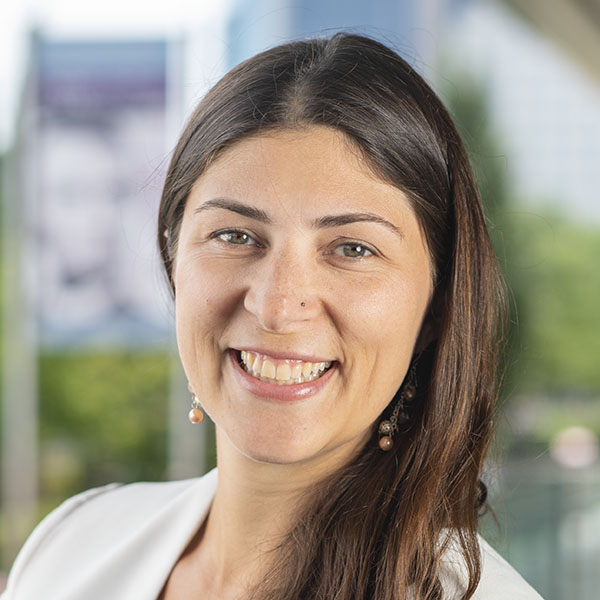Without a doubt, the effects of social distancing and business closures, among other steps to slow the spread of the virus, have rippled through the economy. That said, these disruptions are having a disproportionately large effect on communities that were already struggling: workers living paycheck to paycheck, small businesses that are surviving on tight margins, and renters wondering how they will make ends meet.
The Economic Growth & Mobility Project (EGMP) is a strategic initiative of the Federal Reserve Bank of Philadelphia dedicated to promoting access to opportunity for all. In launching this project three years ago, we understood that the economic insecurity for some of us is a problem for all of us. That reality is evident now more than ever. We know that equitable growth is sustainable growth1 and that inequality is costly to our economy.
An Equity Approach
To ensure inclusive access to opportunities after this crisis, we need to put equity in action in the recovery.
While economic mobility is important in times of growth, the need for resilient economies is never more apparent than in times of crisis. As this pandemic has escalated and local responses have changed, we have heard about frontline workers, small businesses, and residents who are weighing difficult decisions. Many are asking themselves: Do I feed my family and put others at health risk? Do I lay off my staff or risk going into bankruptcy? How will I pay my rent or mortgage this month, not to mention when this crisis subsides? The economic insecurity of those most impacted by these disruptions matters to our shared health and recovery.
To better understand the work that needs to be done, we must acknowledge that these disruptions do not affect everyone equally. Not all people or places have the ability to survive these economic shocks. Legacy issues of job quality, broadband access, small business credit, and housing affordability will impact people and places in dramatically different ways. Payroll data show that even in the early stages of the pandemic, the impacts were felt disproportionately by workers of color and individuals without a four-year college degree.
Now is an essential time to take an equity approach to our analysis on COVID-19: identifying those who are most vulnerable in our economy and centering them in our work.
Framing Our Research
To create an equity framework for recovery, EGMP is launching a series of research briefs to identify those most at risk. We begin by identifying occupations and industries that require close person-to-person interaction and are therefore most likely to be impacted by current social distancing measures. This framework allows us to describe the characteristics of the workers, businesses, and neighborhoods likely facing the greatest economic risk.
The briefs that follow allow us to understand empirically how we might define an equity approach to recovery. By identifying those most impacted and centering them in our work, we raise further questions about the tools that will be needed to recover and rebound from this crisis.
In order to understand equity in recovery from the COVID-19 pandemic, we need to raise critical questions about the most vulnerable people, businesses, and places.
Which workers will be most impacted?
- Which occupations are most economically at risk in the early days of the crisis?
- Who holds these jobs?
- What are the economic conditions of these at-risk workers?
What small businesses will be most impacted?
- What small businesses are most likely to be struggling with closures?
- What are the characteristics of these hardest-hit small businesses and their workers?
- What are the financial conditions of the businesses impacted?
What places will be most impacted?
- Which neighborhoods are being affected?
- What are the housing and financial situations of those affected?
- What policies help secure their housing and financial situations?
Moving from Research to Action
Our work through Research in Action Labs has emphasized the importance of coming together across sectors, sharing ideas, working toward a common goal, and elevating local solutions. Those collaborative, local approaches are critical to build economic resilience and help those most impacted by this crisis. We hope these briefs start a conversation about how we can come together to build resilient and inclusive growth.
This pandemic and the resulting economic disruptions unquestionably will be felt by people, businesses, and places in distinct ways. This is a moment to bring equity into action and consider how our recovery can build a more resilient future.

